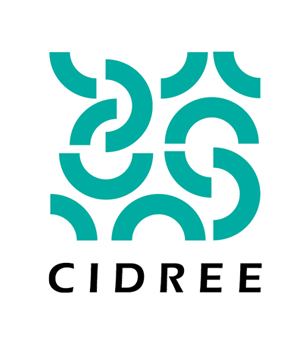Curriculum structure, time allocation, and transitions
Delegates from Luxembourg, Netherlands, Scotland, Slovenia, Sweden, and Ireland attended an expert meeting on 11th and 12th of May 2017 in Bedford Hall, Dublin Castle, Ireland. Hosted by Ireland’s National Council for Curriculum and Assessment (NCCA), the thematic focus of the meeting was curriculum change, with an emphasis on curriculum structure and time allocation and transitions.
During the first session on day 1, a representative from each of the participating countries gave a short presentation to the group, offering an overview of ‘curriculum structure, time allocation, transitions and progression’ in the speaker’s jurisdiction. The presentations were followed by a Question/Answer session which afforded opportunities for clarification of key ideas and terminology. The second session on day 1 focused on experiences from each of the participating countries of introducing curriculum change; discussion centred on the key determinants of success and/or challenge of this process.
Day 2 began with a provocation session during which three invited guests presented on topics relating to the theme of supporting transitions and progressions within the curriculum; each of the guests provoked a key question to be explored during small group discussions. The concluding panel discussion afforded the participants opportunities to share and compare patterns of practice from the different jurisdictions in a tangible and nuanced manner.
The second session on day 2 gave the visiting delegates an opportunity to focus on an issue or area of professional interest from their own jurisdictions and a chance to problematise that issue and search for workable solutions with critical support from NCCA personnel. Delegates appreciated this chance to work with a fellow professional from a different country acting as a sounding-board in the exploration of an issue or concern.
Day 2 concluded with a plenary session in which delegates explored and shared critical lessons or key messages that each participant would take from the expert meeting. Delegates agreed that engagement with their CIDREE colleagues offered valuable opportunities to clarify issues for their own countries. Especially important in this context was the recognition that in the final analysis, the similarities that promote dialogue across our countries are more remarkable than the differences that appear to separate us.
More (PDF)


